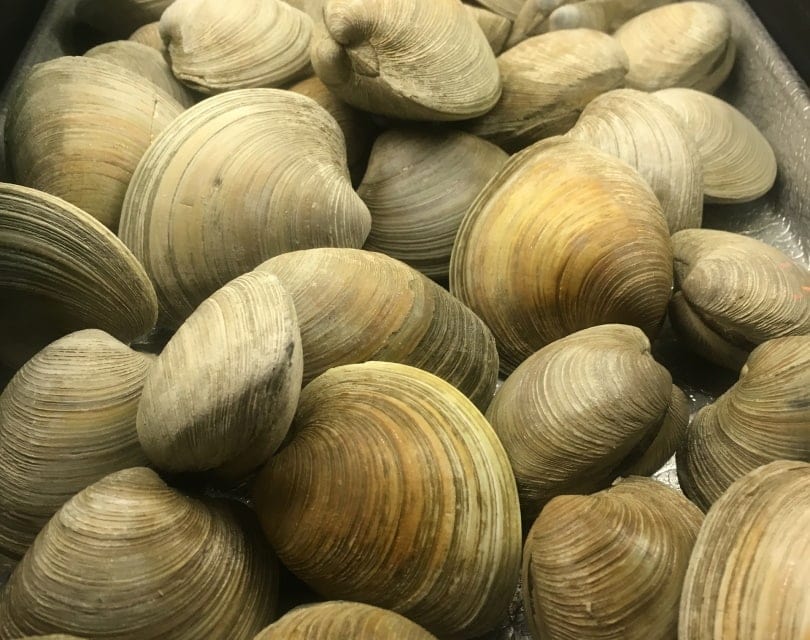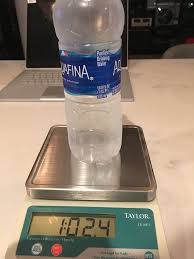Can Dogs eat Clams

In the ever-evolving realm of pet nutrition, dog owners often find themselves navigating a myriad of questions about what is safe and healthy for their furry companions to consume. One such query that frequently arises is whether dogs can indulge in clams, those delectable shellfish enjoyed by many humans around the world. With their enticing aroma and succulent texture, clams pose an intriguing possibility for adventurous pups. However, before tossing a clam into your canine’s bowl, it’s crucial to delve into the nutritional aspects, potential benefits, and risks associated with incorporating clams into a dog’s diet.
First and foremost, let’s address the primary concern: Are clams safe for dogs to eat? The short answer is yes, dogs can eat clams in moderation and under certain conditions. Clams are a rich source of various nutrients, including protein, omega-3 fatty acids, vitamins, and minerals such as iron and zinc, all of which contribute to overall canine health. Additionally, clams are low in calories and carbohydrates, making them a suitable option for dogs on weight management or grain-free diets.
Protein is an essential component of a dog’s diet, playing a crucial role in muscle development, repair, and overall growth. Clams offer a significant protein boost, which can be especially beneficial for active dogs or those in need of dietary protein supplementation. Moreover, the omega-3 fatty acids found in clams have anti-inflammatory properties and support cardiovascular health, joint function, and cognitive function in dogs, similar to their benefits for humans.
Furthermore, clams contain essential vitamins and minerals that contribute to various physiological functions in dogs. Iron, for instance, is vital for the production of hemoglobin and red blood cells, helping prevent anemia and maintaining energy levels. Zinc is essential for skin health, wound healing, and immune function, all of which are crucial aspects of canine well-being.
Despite the nutritional benefits clams offer, it’s essential to exercise caution and moderation when introducing them into your dog’s diet. Like any new food, clams should be introduced gradually and in small quantities to assess your dog’s tolerance and potential allergic reactions. Some dogs may have sensitivities or allergies to shellfish, so it’s crucial to monitor your dog closely for any adverse reactions, such as itching, vomiting, diarrhea, or difficulty breathing, after consuming clams.
Additionally, the method of preparation is paramount when feeding clams to dogs. Raw clams pose a higher risk of bacterial contamination, such as Salmonella or Vibrio, which can cause gastrointestinal upset or more severe health issues in dogs. Therefore, it’s advisable to cook clams thoroughly before offering them to your canine companion. Steaming, boiling, or grilling clams without seasoning or additives is the safest approach to ensure they are safe for your dog to consume.
Another consideration is the type of clam and its shell. While many dogs enjoy the soft texture of clam meat, consuming the hard shell can pose a choking hazard or cause gastrointestinal obstruction. Therefore, it’s essential to remove the clam meat from the shell before serving it to your dog. Additionally, avoid feeding your dog canned clams that may contain added salt or preservatives, as these can be harmful to your dog’s health.
While clams can be a nutritious and enjoyable addition to your dog’s diet, it’s crucial to proceed with caution and adhere to certain guidelines to ensure their safety and well-being. When introducing clams to your dog, start slowly, monitor for any adverse reactions, and always cook them thoroughly to minimize the risk of bacterial contamination. By doing so, you can treat your canine companion to a delectable seafood delight while providing them with essential nutrients to support their overall health and vitality.
Conclusion
The question of whether dogs can eat clams is answered with a resounding yes, albeit with some important caveats. With proper preparation and moderation, clams can be a safe and nutritious treat for your canine friend, offering a plethora of health benefits. However, it’s crucial to be mindful of potential allergies, bacterial contamination, and choking hazards associated with feeding clams to dogs. As always, consulting with your veterinarian before introducing new foods into your dog’s diet is recommended to ensure their nutritional needs are met and their health is safeguarded. With the right approach, you can indulge your dog’s culinary curiosity and enhance their diet with the savory delights of the sea.





